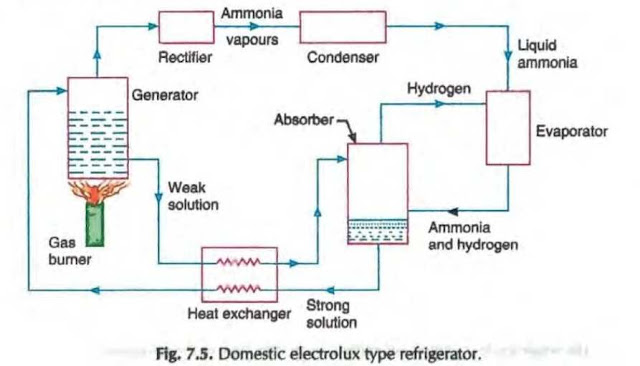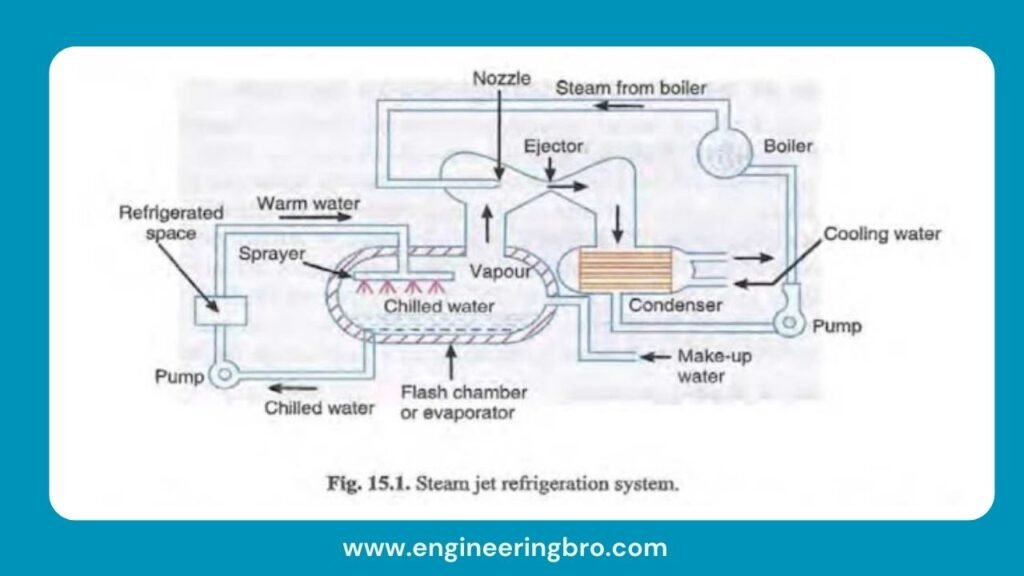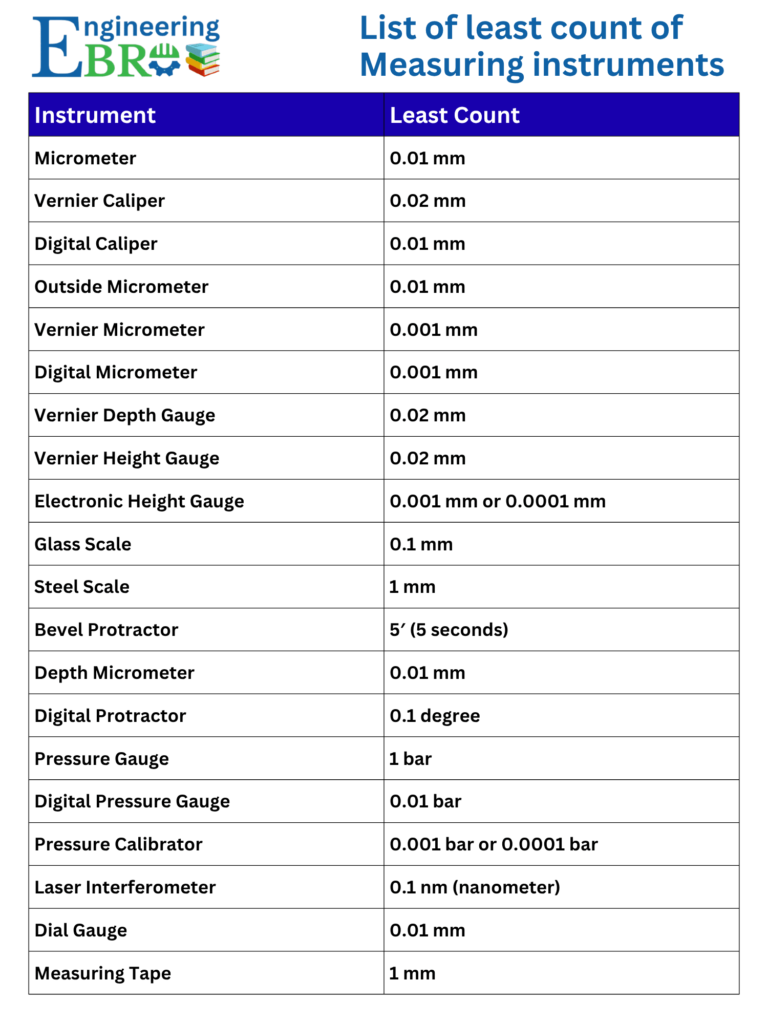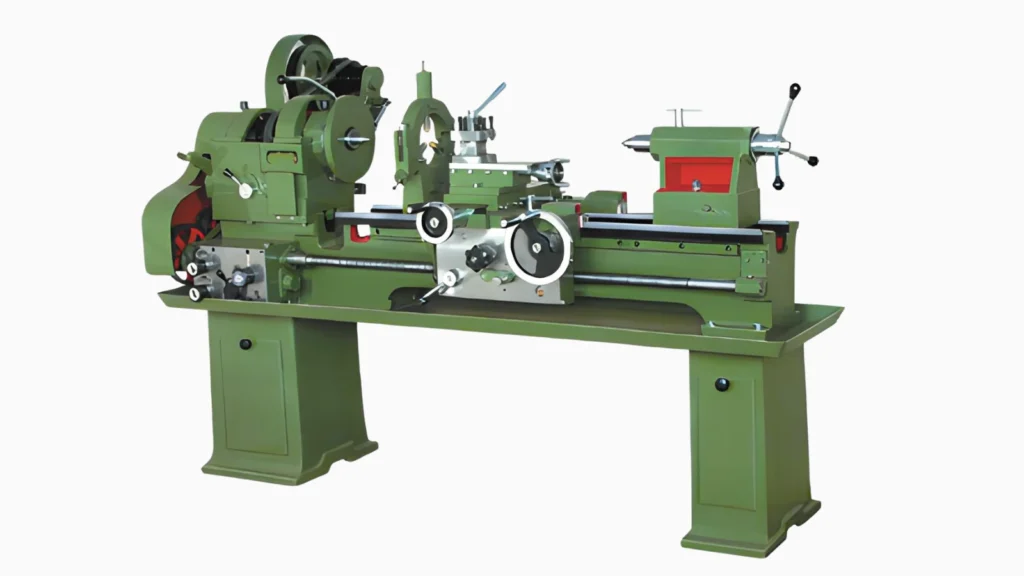list of 100 different job roles that a Mechanical Engineering graduate can apply, along with a brief 2-line description for each:
To make your list of 100 job roles more engaging and insightful, it’s useful to categorize them into clusters. For example, roles can be grouped into core mechanical engineering, automotive, aerospace, software/simulation, energy, robotics and automation, and even government or freelance sectors. This helps readers better navigate career options based on their interests and skills.
Each job role typically requires a specific set of skills. For instance, CAD roles demand expertise in software like AutoCAD, SolidWorks, or CATIA, while simulation engineers must be proficient in ANSYS, MATLAB, or CFD tools. Programming skills such as Python and C++ are also increasingly relevant, especially in automation and IoT-related roles. In addition to technical know-how, soft skills like communication, problem-solving, and project management are essential for growth in most mechanical roles.
Adding salary information gives readers a practical sense of the job market. For instance, a design engineer in India may earn ₹3–6 LPA as a fresher, while in the USA, they can expect around $60,000–$85,000 annually. Similarly, R&D engineers can expect slightly higher compensation, especially in core or tech-based industries. Including such data offers aspirants clarity on potential earning brackets.
To boost their employability, graduates can pursue industry-recognized certifications. Certifications such as Six Sigma (Green or Black Belt), SolidWorks, HVAC, PMP (Project Management Professional), or NDT (Non-Destructive Testing) not only enhance a resume but also open up niche roles in specialized sectors.
For continuous learning, recommend online platforms like Coursera, Udemy, edX, or Skill-Lync. These offer practical and advanced courses in mechanical design, thermal engineering, robotics, mechatronics, and much more—helping students build skills aligned with industry demands.
It’s also important to guide readers on how to land these jobs. Mechanical graduates can start with internships, campus placements, and walk-in interviews at industrial hubs. Many PSUs like BHEL, GAIL, ISRO, and NTPC recruit via GATE, while private industries rely heavily on platforms like LinkedIn and Naukri for hiring.
Highlighting government and PSU opportunities adds great value. Mechanical engineers can secure prestigious roles through competitive exams such as GATE and ESE, working for organizations like DRDO, Indian Railways (IRSME), BARC, and ONGC. These roles are often highly respected and come with stable career progression and benefits.
You can also include resume and interview preparation tips. Encourage students to tailor their resumes for specific job types (e.g., design, maintenance, R&D) and to highlight hands-on projects or internships. Interviews often test both technical fundamentals and applied problem-solving, so brushing up on core subjects is crucial.
Furthermore, there is immense potential for international opportunities. Countries such as Germany, Canada, the USA, Japan, and Gulf nations actively hire mechanical engineers in areas like manufacturing, HVAC, oil & gas, robotics, and automotive. With the right combination of skills, certifications, and language proficiency, engineers can build rewarding global careers.
Finally, discuss career progression. Most mechanical engineers begin as junior engineers, then move to senior roles, followed by positions like lead engineer or project manager. Some follow the technical path, while others move into operations, consulting, or management. Over time, one can even explore entrepreneurship, freelancing, or transitioning into academia or public policy.
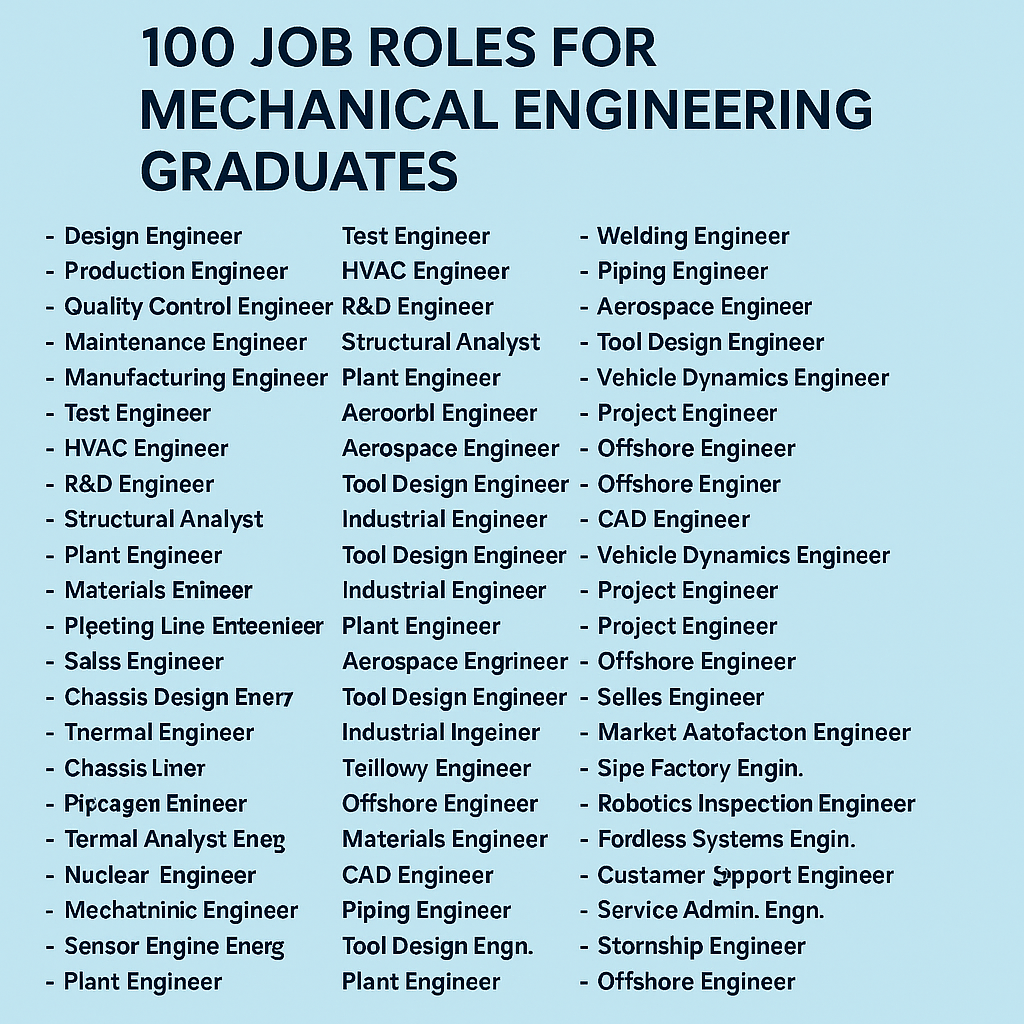
Table of Contents
Here is the list of roles that a mechanical engineering graduate can apply
🔧 Core Mechanical Engineering Roles
- Design Engineer – Designs mechanical components using CAD software and ensures their feasibility in production.
- Production Engineer – Manages and optimizes manufacturing processes in factories for efficient production.
- Quality Control Engineer – Inspects products and processes to ensure they meet quality and safety standards.
- Maintenance Engineer – Ensures machinery and equipment run smoothly and handles preventive maintenance schedules.
- Manufacturing Engineer – Develops and improves manufacturing methods to reduce costs and improve productivity.
- Tool Design Engineer – Designs jigs, fixtures, and tools used in manufacturing operations.
- Automobile Engineer – Designs and develops automotive systems including engines, brakes, and transmission systems.
- HVAC Engineer – Specializes in heating, ventilation, and air conditioning systems in buildings or vehicles.
- CAD Engineer – Works extensively with software like AutoCAD, SolidWorks, and CATIA to create 2D/3D models.
- Piping Engineer – Designs piping systems for oil, gas, water, and chemical processing plants.
🏭 Industrial & Manufacturing
- Plant Engineer – Manages the daily operations of industrial plants, focusing on safety and efficiency.
- Industrial Engineer – Improves systems, processes, and layouts to enhance manufacturing efficiency.
- Lean Manufacturing Specialist – Implements lean techniques to reduce waste and improve efficiency.
- Six Sigma Consultant – Uses Six Sigma methodologies to improve process quality and reduce defects.
- Fabrication Engineer – Handles metal fabrication processes like cutting, welding, and forming.
- Assembly Line Engineer – Optimizes assembly operations in high-volume manufacturing environments.
- Machining Engineer – Works with CNC and conventional machines to produce precision parts.
- Materials Engineer – Develops and tests materials used to create products and machinery.
- Production Planner – Plans and schedules production activities to meet delivery targets.
- Welding Engineer – Specializes in welding technologies and ensures proper welding procedures are followed.
🚀 Aerospace & Defense
- Aerospace Engineer – Designs and tests aircraft and spacecraft systems and components.
- Propulsion Engineer – Works on jet engines, rockets, and propulsion systems for defense or space missions.
- Thermal Analyst – Analyzes heat flow and thermal stresses in aerospace systems.
- Structural Analyst – Assesses strength, vibration, and structural integrity of aerospace parts.
- Defense Engineer – Designs and develops mechanical systems for military applications.
🚗 Automotive Sector
- Vehicle Dynamics Engineer – Analyzes and improves vehicle ride, handling, and stability.
- Crash Test Engineer – Conducts crash simulations and tests to evaluate vehicle safety.
- Powertrain Engineer – Works on engines, transmissions, and drivetrains for vehicles.
- NVH Engineer – Specializes in Noise, Vibration, and Harshness control in vehicles.
- Chassis Design Engineer – Designs structural frameworks of vehicles to support loads and stress.
⚙️ Energy & Utilities
- Thermal Power Engineer – Works in power plants managing turbines, boilers, and heat exchangers.
- Renewable Energy Engineer – Develops solar, wind, and other green energy systems.
- Energy Auditor – Evaluates energy consumption and recommends cost-effective conservation methods.
- Nuclear Engineer – Works on nuclear reactor operations, design, and safety.
- Hydropower Engineer – Designs turbines and flow systems for hydroelectric power plants.
💻 Software & Design Tools
- FEA Analyst – Uses Finite Element Analysis software to simulate stress and strain in designs.
- CFD Analyst – Simulates fluid flows and heat transfer using computational methods.
- Simulation Engineer – Creates virtual prototypes to test performance before physical production.
- PLM Engineer – Manages product lifecycle data and integrates with CAD and ERP systems.
- CAM Programmer – Writes computer-aided manufacturing code for CNC machines.
🧪 Research & Development
- R&D Engineer – Develops new technologies or improves existing mechanical systems.
- Innovation Specialist – Identifies and implements new solutions in engineering products.
- Test Engineer – Conducts rigorous tests on prototypes to assess performance.
- Prototype Engineer – Builds physical models and prototypes for new designs.
- Tribology Engineer – Studies friction, lubrication, and wear of moving parts.
🏗️ Construction & Infrastructure
- MEP Engineer – Works on Mechanical, Electrical, and Plumbing systems in buildings.
- Structural Engineer – Assists in designing mechanical supports and frameworks for construction.
- Site Engineer – Manages onsite operations in construction or plant installations.
- Project Engineer – Coordinates technical tasks and ensures project timelines and budgets are met.
- Elevator Design Engineer – Specializes in lift systems for buildings and industrial units.
🌊 Oil, Gas & Marine
- Offshore Engineer – Works on oil rigs and offshore structures for exploration.
- Marine Engineer – Designs and maintains ship engines and mechanical systems.
- Reservoir Engineer – Assesses oil and gas reserves using mechanical systems and simulations.
- Pipeline Engineer – Designs and maintains transport systems for oil and gas.
- Drilling Engineer – Plans and oversees drilling operations for resource extraction.
📦 Logistics & Supply Chain
- Logistics Engineer – Optimizes the transport and storage of materials and products.
- Supply Chain Analyst – Analyzes data to improve procurement and distribution strategies.
- Inventory Control Engineer – Manages stock levels and ensures smooth supply chain flow.
- Warehouse Automation Engineer – Designs robotic and automated systems for warehouses.
- Packaging Engineer – Designs packaging solutions for durability, cost-efficiency, and shipping.
🌍 Environment & Sustainability
- Environmental Engineer – Designs solutions to reduce environmental impact of mechanical systems.
- Sustainability Analyst – Assesses and recommends eco-friendly materials and designs.
- Green Building Engineer – Works on energy-efficient and sustainable construction technologies.
- Pollution Control Engineer – Develops systems to reduce industrial emissions and waste.
- Water Treatment Engineer – Designs systems for industrial water purification and recycling.
💼 Management & Consulting
- Project Manager – Leads mechanical projects from conception to execution.
- Technical Consultant – Offers expert advice on mechanical systems and improvements.
- Operations Manager – Oversees daily mechanical operations in manufacturing or service industries.
- Business Analyst (Engineering) – Analyzes engineering processes to improve business outcomes.
- Product Manager (Tech) – Manages lifecycle and development strategy for tech or mechanical products.
🧑🏫 Academia & Training
- Lecturer/Professor – Teaches mechanical engineering subjects at universities or institutes.
- Lab Instructor – Guides students in practical mechanical experiments and applications.
- Technical Trainer – Trains employees on machines, processes, or software in industrial settings.
- Research Scholar – Pursues academic research in niche areas of mechanical engineering.
- Curriculum Developer – Designs course content for engineering education platforms.
🧠 Robotics & Automation
- Robotics Engineer – Designs robots and automation systems for industrial or service use.
- Automation Engineer – Develops automated production lines and control systems.
- Mechatronics Engineer – Combines mechanical, electrical, and computer systems in design.
- Control Systems Engineer – Designs and tests systems for automated process control.
- Embedded Systems Engineer – Integrates mechanical components with microcontrollers or embedded boards.
🛠️ Miscellaneous & Interdisciplinary
- Biomechanical Engineer – Designs prosthetics and mechanical solutions in healthcare.
- Railway Engineer – Works on train mechanics, track systems, and maintenance.
- Mining Engineer – Designs systems for underground or surface mining equipment.
- Fire Safety Engineer – Designs fire suppression and mechanical safety systems.
- Forensic Engineer – Investigates mechanical failures in accidents and disasters.
- Patent Examiner – Evaluates patent applications related to mechanical inventions.
- Technical Writer – Prepares manuals, guides, and documentation for engineering systems.
- Sales Engineer – Combines technical expertise with sales to offer customized mechanical solutions.
- Marketing Engineer – Promotes technical products and develops market strategies.
- Customer Support Engineer – Provides technical support and service for mechanical systems.
🌐 Emerging Technology Roles
- Additive Manufacturing Engineer – Works with 3D printing for prototypes and parts.
- AI in Mechanical Systems Engineer – Integrates AI for predictive maintenance and automation.
- IoT Engineer – Works on smart, connected mechanical devices for monitoring and control.
- Digital Twin Engineer – Creates virtual models to simulate and optimize real systems.
- Sustainable Product Designer – Designs mechanical products with a focus on eco-impact.
- Drone Engineer – Designs and maintains mechanical systems in UAVs and drones.
- EV (Electric Vehicle) Engineer – Works on design and development of electric mobility systems.
- Battery Systems Engineer – Specializes in mechanical integration of energy storage systems.
- Smart Factory Engineer – Works on Industry 4.0 concepts integrating sensors and AI in manufacturing.
- Cyber-Physical Systems Engineer – Merges mechanical systems with digital computation and networking.
✅ Conclusion
Mechanical engineering is one of the most versatile and evergreen fields, offering a wide spectrum of career opportunities across industries like manufacturing, automotive, aerospace, energy, robotics, and more. With the rise of automation, sustainability, and digital transformation, the role of mechanical engineers is evolving beyond traditional boundaries—creating exciting pathways in simulation, AI, IoT, and green technologies. By building the right combination of technical skills, certifications, and practical experience, graduates can position themselves for high-impact roles both in India and internationally. Whether your goal is to innovate, manage, teach, or explore global careers, mechanical engineering opens the door to a future filled with possibilities.
